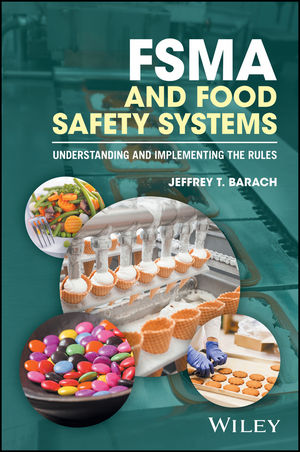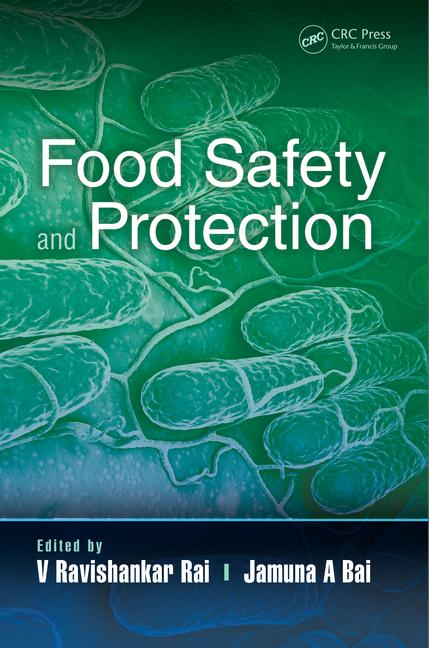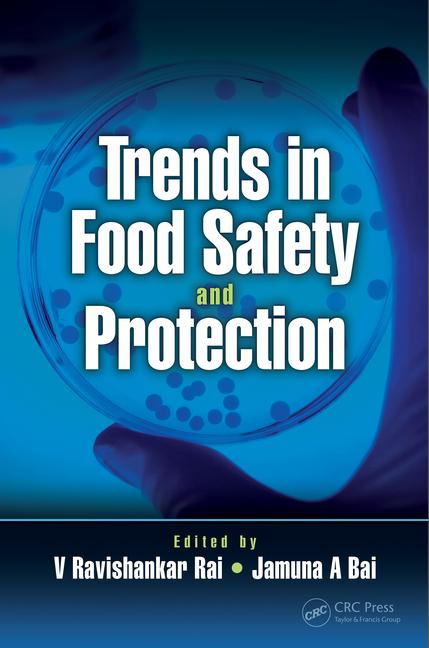FSMA Legislative Update: September 2012
Public Interest Organizations Seek to Force FDA’s Hand
In August, the U.S. Food and Drug Administration (FDA) submitted its second Annual Report on Food Facilities, Food Imports and FDA Foreign Offices, as required by the Food Safety Modernization Act (FSMA). The Report extols progress that FDA has made since the January 2011 enactment of FSMA in protecting the U.S. food supply.
Notably, however, the Report is silent on the status of several important regulations that FSMA required the government to promulgate earlier this year, including:
• Hazard Analysis and Risk-Based Preventive Controls (Section 103);
• Current Good Manufacturing Practices and Hazard Analysis and Risk-Benefit Preventive Controls for Food for Animals (Section 103);
• Produce Safety Regulations (Section 105);
• Protection Against Intentional Adulteration of Food (Section 106); and
• Foreign Supplier Verification Program (Section 301).
The Report also lacks any discussion of from where FDA will obtain the resources needed to implement those rules were they to issue anytime soon.
For months, constituencies with varying interests have urged the government to promulgate outstanding regulations that, together, will require sweeping changes to the nation’s food safety system. Companies within the food manufacture supply chain have urged passage of final regulations so that they would have clarity on the rules that will govern their operations. Consumer advocates, in contrast, have argued that the delay in final food safety regulations puts Americans at greater risk of foodborne illness. They note that since Congress enacted FSMA, numerous foodborne outbreaks have occurred.
Wary of an ever-increasing delay with no apparent end in sight, two organizations have taken a dramatic step that, they hope, will change that dynamic. Specifically, on August 29, 2012, the Center for Food Safety and the Center for Environmental Health filed in the U.S. Federal District Court for the Northern District of California a complaint against Margaret Hamburg, M.D., Commissioner of FDA, and Jeffrey Zients, Acting Director of Office of Management and Budget (OMB). Therein, the two nonprofit entities alleged that:
• FDA has missed not one, not two, but seven deadlines, and counting, in failing to implement FSMA’s major food safety regulations. FDA has submitted several of these unlawfully delayed regulations to the OMB, where they are still awaiting approval. However, FDA has authority to promulgate the regulations without OMB approval.
• Complaint entitled Center for Food Safety, et al. v. Margaret E. Hamburg, M.D., et al., bearing Case No. 12 CV 4529 (N.D. Cal. 2012), at ¶ 4 (emphasis in original). The Centers further allege that “at least nine additional FSMA deadlines will come due in early 2013” and express concern that “[b]ased on FDA’s lack of progress to date, [the Centers] have serious concerns regarding the likelihood that these future deadlines will be met.” Id. at ¶ 4.
To stem the delay, the Centers have asked the Federal Court for various relief, including a declaration that the FDA has violated FSMA by failing to promulgate regulations by the statutory deadlines and ordering FDA to promulgate all FSMA regulations as soon as reasonably practicable, according to Court-imposed deadlines. Id., “Relief Requested” clause.
It is important to keep in mind that the lawsuit is just in its beginning stage. The government has not yet answered the complaint. Moreover, the lawsuit makes no mention of a critical step in the rulemaking process that directly involves the food industry, that is, typically, proposed regulations must be published for public comment and, following completion of that comment period, the government agency responsible for the regulations must consider and address public comments in whatever final regulations issue.
Given the delay in the promulgation of regulations, this litigation is one of the more important FSMA updates of recent moment. It is important for food companies to track the litigation and, if given the opportunity, to review, analyze and comment on proposed FSMA regulations that will govern the food industry. In that way, food companies can help shape the very rules that will control their operations and impact their success.
Jason R. Klinowski and John T. Shapiro are attorneys and members of the Food Industry Team at Freeborn & Peters LLP (Chicago).
Looking for a reprint of this article?
From high-res PDFs to custom plaques, order your copy today!





